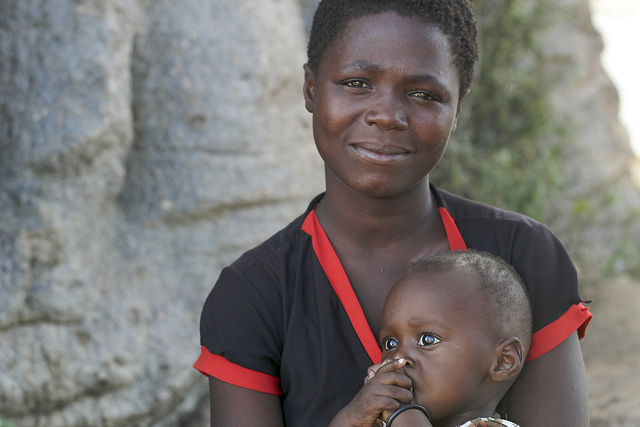The Importance of Treating Obstetric Fistula in Developing Countries

Obstetric fistula is a condition in which there is an abnormal opening in a woman’s birth canal due to prolonged, obstructed labor. When left untreated, obstetric fistula leads to skin infections, kidney disorders, incontinence and death of the child, and is responsible for around 6 percent of all maternal deaths.
This ailment is highly preventable and treatable, yet there are an estimated two million women living with it untreated in Asia and sub-Saharan Africa. An additional 50,000 to 100,000 women are diagnosed each year. These women are predominately underprivileged, poor and young.
Operation Fistula Raises Awareness of the Necessity of Treating Obstetric Fistula
Operation Fistula is one of the few organizations that has collected data on the condition. It has measured the burden on life that not treating obstetric fistula has had and compared that weight to that of other debilitating diseases. The organization found that living with obstetric fistula is ranked just below terminal cancer.
In developed countries, obstetric fistula is practically non-existent because women have access to the education and medical services that assure a healthy pregnancy. Unfortunately, these care services are not readily available to women in poverty-stricken areas.
Even with the establishment of care centers in the most prominently affected areas, the lack of attention that obstetric fistula receives is incredible. Because the condition is nearly unheard of in Europe and the U.S., there is limited global awareness and therefore very little capitalization. In fact, treating obstetric fistula receives less than1 percent of annual global health funding even though it is relatively inexpensive to care for.
Global Efforts Bring Treatments to Women in Need
To counter the mass neglect, Operation Fistula works to provide women with timely and high-quality treatment. It also plans to eliminate fistula altogether by 2045. The organization’s approach is data-centric and focuses on performance-based funding to surgeons who have successfully treated patients. This simple solution yielded four times the target amount of patient treatments between 2012 and 2014.
In addition, USAID’s Health Service Delivery project is working to make the proper medical services available by establishing treatment centers at multiple hospitals in Guinea, where obstetric fistula is extremely prevalent. The treatment centers allow women to undergo the reconstructive surgeries necessary for recovery.
Operation Fistula’s most recent effort in continuing its 2045 eradication plan is working with the government of Madagascar and the United Nations Population Fund to wipe out fistula in every region of the country.
Operation Fistula concentrates on the patient first and foremost. With its performance-based funding, Operation Fistula makes sure that each patient gets the best possible treatment rather than focusing solely on the number of patients treated. Through their endeavors, every woman that Operation Fistula has treated so far has gained back, on average, almost 11 years of healthy life.
While advancements in the global treatment of women with obstetric fistula have been made, there is still a need for prevention. Health professionals in affected areas are being trained continuously and efficiently in order to prevent and manage obstetric fistula, but the most basic method of prevention is through awareness.
– Samantha Harward
Photo: Flickr
